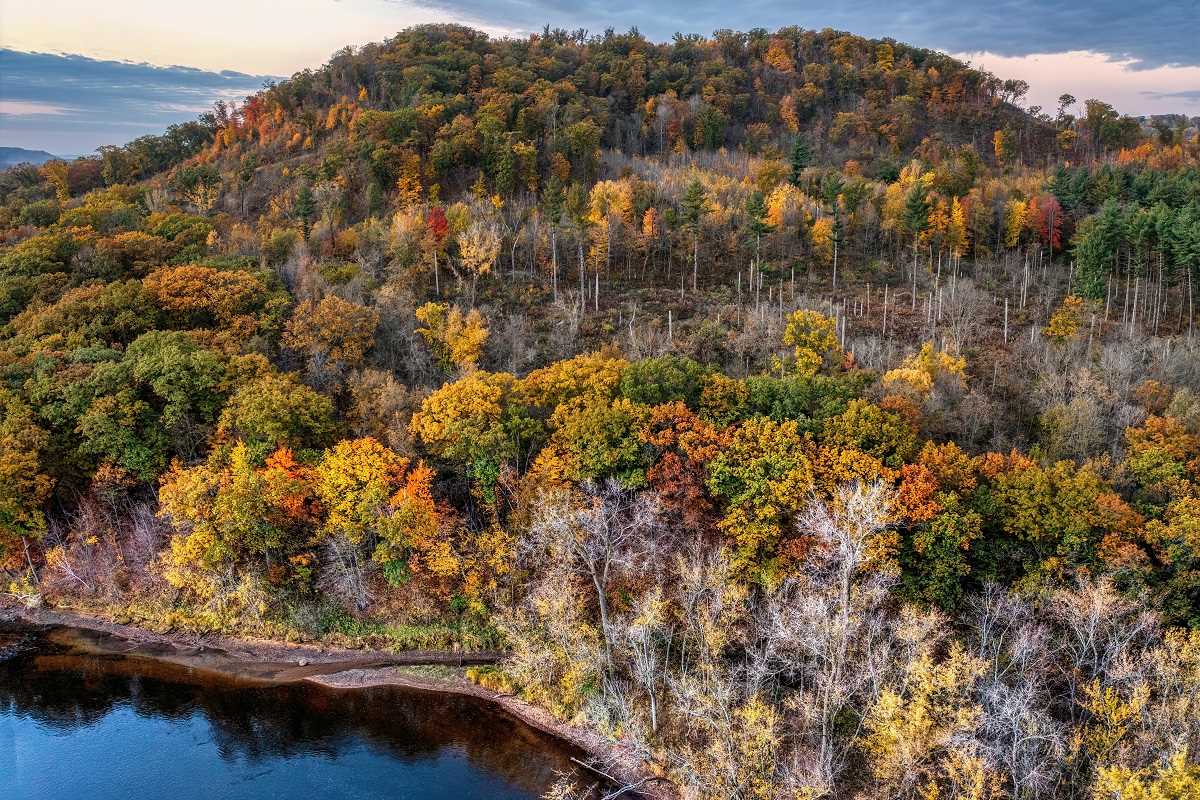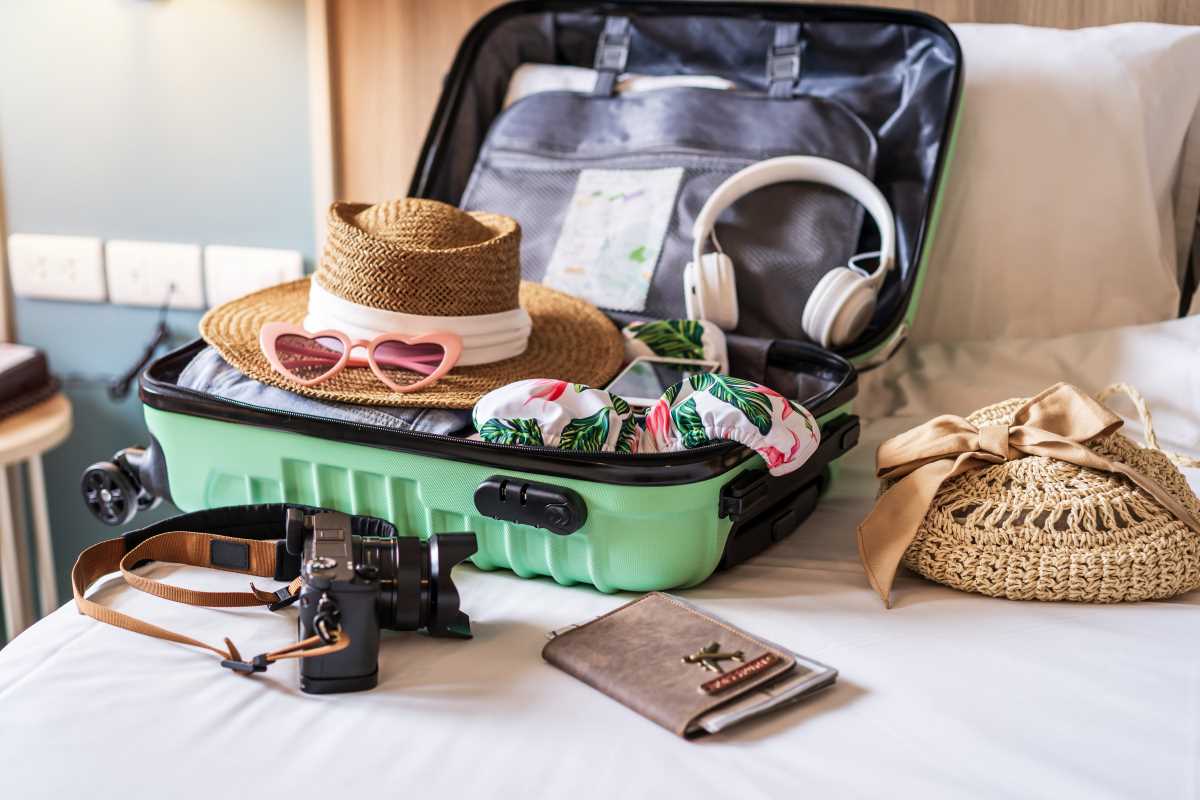Planning a vacation is always exciting, but deciding on the right travel season can make all the difference in your experience. Whether you're seeking sunny beaches, snowy landscapes, or vibrant city life, understanding the secrets to choosing the perfect travel season can help you plan an unforgettable getaway tailored to your preferences and interests. Here are some key factors to consider when selecting the ideal time to travel.
Understanding Seasonal Patterns
Before diving into your travel plans, it's essential to understand the seasonal patterns that affect your destination. Generally, travel seasons are categorized into three types: peak, shoulder, and off-peak seasons.
- Peak Season: This is when tourist traffic is at its highest, often coinciding with school holidays, summer vacations, and major events. Expect crowded attractions and higher prices for accommodation and flights. For example, Europe sees peak season during the summer months of June to August, while tropical destinations often peak during winter holidays.
- Shoulder Season: This transitional period occurs between peak and off-peak seasons. It's an excellent time to travel as you can often find more favorable prices and less crowded attractions. For instance, visiting Europe in May or September can offer pleasant weather and fewer tourists.
- Off-Peak Season: This is when travel demand is lowest, typically during unfavorable weather conditions or when school is in session. Prices for flights and hotels are often significantly reduced, making it a budget-friendly choice. However, some attractions may have limited hours or may be closed during this time.
Setting Travel Goals
When planning your trip, think about what you hope to achieve during your travels. Do you want to relax on the beach, explore a new city, or engage in outdoor activities? Setting clear travel goals will help you choose the right season for your needs.
- Relaxation: If your goal is to unwind, consider destinations with mild weather during the shoulder season. This time often provides fewer crowds and a more peaceful environment.
- Adventure: If you’re an outdoor enthusiast looking for adventure, research the best seasons for activities like skiing, hiking, or diving. For instance, winter is ideal for skiing in the Alps, while summer is perfect for hiking in national parks.
- Cultural Exploration: If immersing yourself in local culture is your priority, plan your trip around festivals and events that celebrate the destination's heritage. Research the local calendar to align your travel dates with significant cultural experiences.
Weather Considerations
Weather is one of the most significant factors influencing your travel experience. Research the climate of your destination to determine the best time to visit.
- Tropical Destinations: For places with a tropical climate, avoid the rainy season, which can bring heavy downpours and storms. For example, Southeast Asia is typically best visited between November and February when temperatures are cooler and rainfall is minimal.
- Winter Wonderland: If you’re looking for a snowy getaway, ensure that you’re traveling during the right winter months. The best ski conditions are usually found from December to March in the Northern Hemisphere.
- Mild Climates: For cities with more moderate climates, shoulder seasons can provide perfect weather conditions, making it comfortable for exploration without the extremes of summer heat or winter cold.
Budget Considerations
Managing your travel budget is a crucial aspect of planning a trip. Traveling during the shoulder season often leads to significant cost savings, allowing you to enjoy your vacation without breaking the bank. Here are some strategies to keep your travel costs in check:
- Flight Costs: Airfare prices can vary dramatically based on the season. Using fare comparison tools and booking in advance can help you secure the best rates. Often, flying mid-week rather than on weekends can yield cheaper fares.
- Accommodation Savings: Hotel prices tend to be lower during off-peak seasons. Look for alternative accommodations such as vacation rentals, hostels, or guesthouses, which can offer significant savings over traditional hotels.
- Activity Costs: Certain attractions may offer discounted rates during off-peak seasons. Research free or low-cost activities available in your destination to maximize your experience without straining your budget.
Festivals and Local Events
Immersing yourself in the local culture and traditions can significantly enhance your travel experience. Researching festivals and events occurring during specific seasons can help you choose the perfect time to visit.
- Cultural Festivals: Many destinations host annual festivals celebrating their heritage, cuisine, or arts. For instance, visiting Rio de Janeiro during Carnival can provide an unforgettable cultural experience filled with music, dance, and vibrant parades.
- Sporting Events: If you’re a sports enthusiast, plan your trip around significant sporting events, such as the Super Bowl in the U.S. or the World Cup in soccer. Attending these events can offer a unique way to connect with the local culture.
- Food Festivals: Culinary experiences are often best enjoyed during local food festivals, where you can sample traditional dishes and learn about regional cuisine. Research the food calendar of your destination to plan your visit around these events.
Outdoor Activities
If you’re an outdoor enthusiast looking to explore nature and partake in adventurous activities, selecting the right travel season is essential. Here are some considerations:
- Hiking and Camping: Research the best months for hiking trails, as conditions can vary significantly by season. For instance, national parks in the U.S. may have limited access due to snow in winter, while summer brings ideal hiking weather.
- Water Sports: If you’re interested in water sports like surfing or diving, check the best times for waves or visibility. Destinations like Hawaii offer consistent surf conditions during specific seasons, making them a prime choice for surfers.
- Wildlife Watching: Many destinations have specific seasons for wildlife watching, such as whale migrations or bird nesting periods. Research these events to ensure you don’t miss unique wildlife encounters during your trip.
Family Considerations
If you’re traveling with family, consider school schedules and holiday breaks when planning your trip.
- Summer Vacations: Family vacations often coincide with summer break. While this can be a great time to travel, it’s also peak season, which means higher costs and larger crowds. If possible, consider scheduling trips during the shoulder season for a more enjoyable experience.
- Holidays and Long Weekends: Take advantage of public holidays and long weekends for quick getaways. Traveling during these times can help maximize family time while minimizing missed school days.
Safety and Health Considerations
Safety and health should always be a priority when planning your travels. Research any health advisories, necessary vaccinations, or safety concerns for your destination.
- Health Risks: Certain regions may have specific health risks, such as tropical diseases. Consult your healthcare provider for advice on vaccinations and medications before traveling.
- Travel Insurance: Purchasing travel insurance can provide peace of mind in case of unexpected medical emergencies or travel disruptions. Ensure that your insurance covers health-related issues, cancellations, and theft or loss of belongings.
- Local Regulations: Be aware of local laws and regulations that may affect your travel plans. Some destinations may have strict guidelines regarding COVID-19 safety protocols or other health measures.
Planning for Flexibility
While choosing the perfect travel season is important, being flexible with your travel dates can open up a world of opportunities. Sometimes unexpected circumstances or last-minute deals can lead to spontaneous and memorable journeys.
- Last-Minute Deals: Keep an eye out for last-minute travel deals, which can provide significant savings on flights and accommodations. Many airlines and travel companies offer discounts to fill empty seats or hotel rooms.
- Open to Change: If plans change, be willing to adapt and explore new options. Embracing spontaneity can lead to exciting adventures and unforgettable memories during your travels.
Crafting Your Ideal Itinerary
Once you’ve determined the best travel season for your destination, it’s time to craft your itinerary. Striking a balance between planned activities and relaxation will ensure you get the most out of your trip.
- Prioritize Must-See Attractions: Identify the key attractions you want to visit and allocate time in your itinerary accordingly. This can include popular tourist spots, cultural experiences, and outdoor adventures.
- Allow for Downtime: Ensure you schedule downtime for relaxation and spontaneous exploration. Over-scheduling can lead to burnout and detract from the joy of travel.
- Flexibility in Your Schedule: Leave some open time in your itinerary for unplanned adventures or relaxation. This will allow you to enjoy your destination at a leisurely pace, creating lasting memories.
Whether you're seeking a relaxing beach getaway, a cultural immersion, or an outdoor adventure, selecting the ideal travel season can set the stage for a memorable and fulfilling travel experience.
 (Image via
(Image via





